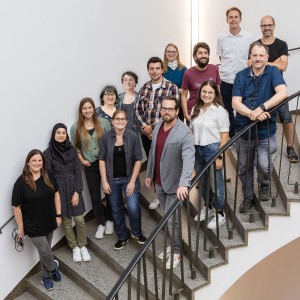Physical Geography and Nexus Research
Chair

Chair

"Nexus" stands for the relationships and interdependencies of four systems or components: Water, food, energy and nature. The Nexus examines issues of food security, energy supply, ecosystem change and water use, taking into account the interdependencies of the four systems. The guiding research question of this group is: Can we as a global community meet future human needs and promote the well-being of all without destroying the natural ecosystems on which we depend?
To design science-based sustainability pathways, we develop, combine and synthesize knowledge and tools that can reflect these dynamics and complexities. In this way, we work with policy makers, public agencies and stakeholders to develop Nexus solutions. The goal is to create benefits and minimize harm in all Nexus components (water, food, energy and ecosystems).
Our main tool is process-based modeling with the LPJmL model. The simulation of land surface processes is complemented by other methods such as complex system science, data analysis, remote sensing, data assimilation and up- and downscaling. We generally work on a global or macro-regional level. However, some projects focus on Bavaria, Germany, Europe, the Mediterranean region and Argentina.
Some of our main topics are:

Holder of the Chair of Physical Geography and Nexus Research